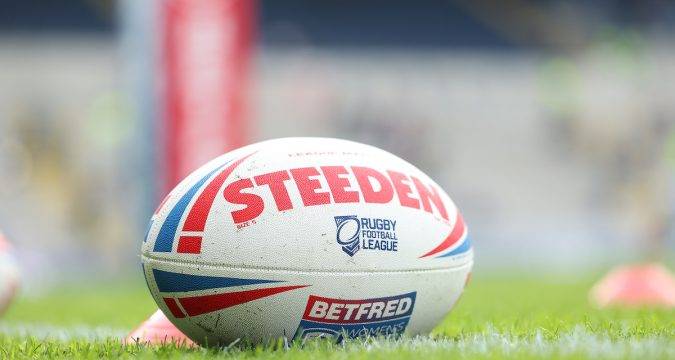 BY BARRETT WILSON
A FEW years ago I was watching an England rugby union international match and as half-time approached I got up to make a cup of tea.
They were in the process of scrumming down so I didn't expect to miss much. My wife had just had a coffee, so the kettle was still hot.
When I got back in front of the telly they were still
BY BARRETT WILSON
A FEW years ago I was watching an England rugby union international match and as half-time approached I got up to make a cup of tea.
They were in the process of scrumming down so I didn't expect to miss much. My wife had just had a coffee, so the kettle was still hot.
When I got back in front of the telly they were still New form of rugby created to provide an extra income feed for rugby league clubs
 BY BARRETT WILSON
A FEW years ago I was watching an England rugby union international match and as half-time approached I got up to make a cup of tea.
They were in the process of scrumming down so I didn't expect to miss much. My wife had just had a coffee, so the kettle was still hot.
When I got back in front of the telly they were still
BY BARRETT WILSON
A FEW years ago I was watching an England rugby union international match and as half-time approached I got up to make a cup of tea.
They were in the process of scrumming down so I didn't expect to miss much. My wife had just had a coffee, so the kettle was still hot.
When I got back in front of the telly they were still 